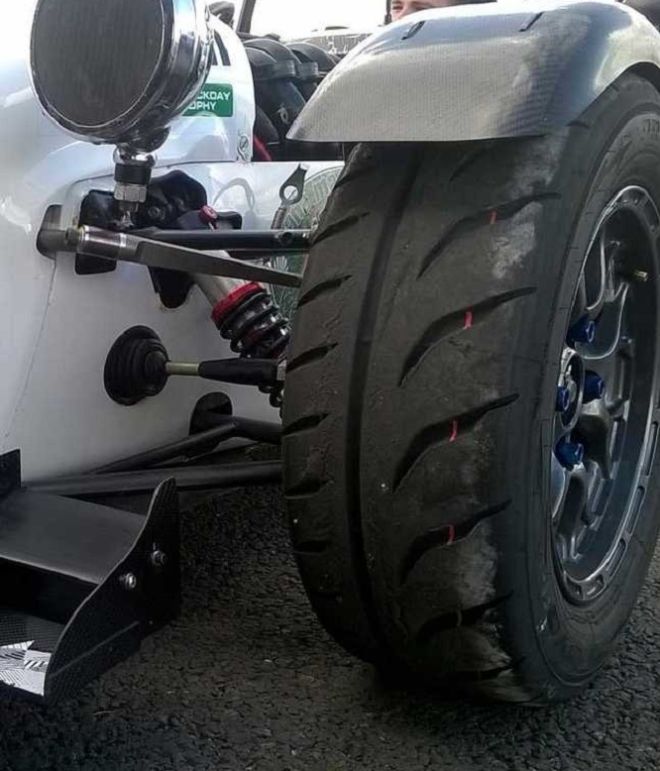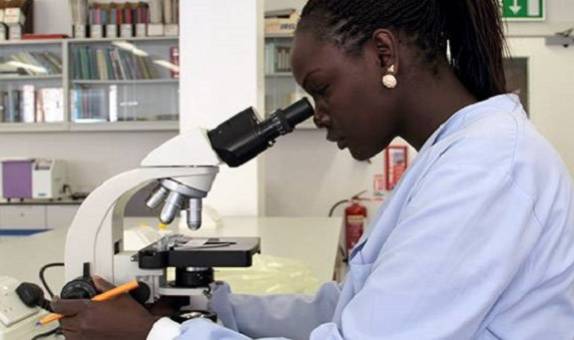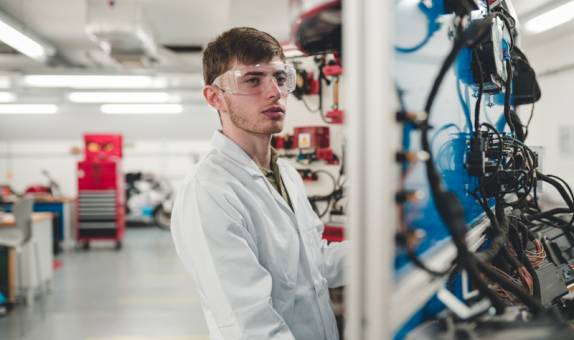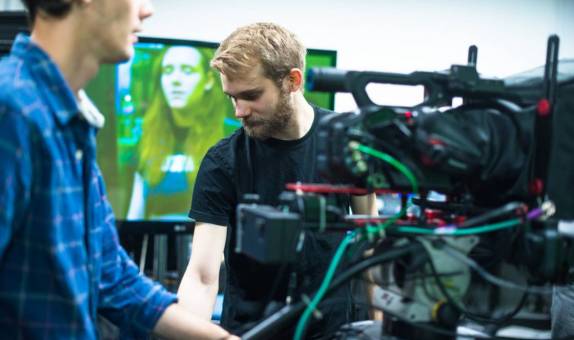Development of innovation framework accelerating product development at leading tyre manufacturer Pirelli
Research conducted at Kingston University sheds light on innovations in product development.

The past decade has been a turbulent time for business environments. Despite investing millions in research and product development, only a few manufacturers have managed to develop and sustain successful new products. A deterrent to the success of new products is the lack of a unifying thread that marries all components of an industry to understand the scope and nature of its boundaries.
Since 2014, Professor Riccardo Vecchiato of Kingston Business School has conducted research on best practices for innovation and development in fast-paced environments.
The crucial managerial foresight technique that Professor Vecchiato advocates is the use of Product and Technology Roadmapping (TRM). As products, markets and technologies evolve and change over time, both independently and in tandem with each other, TRM is a helpful tool to map, document and represent these changes graphically as a time-based chart. Through meetings and workshops, managers and researchers from all organisational units are brought together to examine products and technologies to create a multi-layered chart with commercial and technological perspectives.
TRM is excellent for companies to streamline their innovation and development concerning products and customer needs. Professor Vecchiato's work helped to establish a foundational framework to examine the foresight practices that would help companies during uncertain business periods. He employed a case study methodology to evaluate several large companies and their coping mechanisms for change and uncertainty within their respective industries. By examining the factors causing uncertainty or driving change, he understood that strategic planning and flexible approaches enable companies to cope with change. Professor Vecchiato's empirical findings also indicate a strong need for companies to share, articulate and combine knowledge resources.
Pirelli, the leading multinational tyre manufacturer, benefited from the ground-breaking research of Professor Vecchiato.
Since 2010, the uncertainty of the tyre industry has grown tremendously, and this growth has brought with it numerous complexities. Pirelli has had to continuously adapt and change its product innovation process, specifically in the case of knowledge transfer between its research and product divisions. This challenge led to a unique collaboration between the R&D team at Pirelli and Professor Vecchiato to implement TRM at Pirelli. As noted by one of Pirelli's R&D managers, Professor Vecchiato's research contributed to changing their process of new product development and enhancing the effectiveness of this process.
Pirelli has seen and experienced some remarkable changes since the implementation of TRM. Their processes of information gathering, analysis and storage have evolved into a methodical, systematic and continuous process. The integration of expertise amongst specialists and managers has enabled the redesign of deliverable elaboration. A unique database called iMiner was also created to serve as a repository of Pirelli's R&D and innovation knowledge.
Pirelli has increased the number of new products in development, with a very short time-to-market span and efficient technological synergies between different platforms.
One example is Pirelli's entry into bicycle tyres, which incorporated smart technology imported from the motorcycle and car platforms. This product, the P Zero Velos, was in the market within 15 months from development to commercialisation. A review by Cycling Weekly summarised how "Pirelli has bundled up a collection of its most confidence-inspiring, automotive knowledge, and filtered it all into a tyre for road cyclists".
The success story at Pirelli's demonstrated the effectiveness of TRM in accelerated product development, integration of knowledge resources, entry into new markets and effective collaboration across company units. Pirelli's novel approach to TRM can be beneficial for many firms, especially in industries such as mobile communication, consumer electronics, multimedia services and digital health, in which technology and regulation are the main drivers of change and new customer needs.
Contact us
- For non-student research enquiries, email the Research Office
- For research impact and REF enquiries, email the REF and Impact Team.
- Research contacts
- How to get to Kingston University















